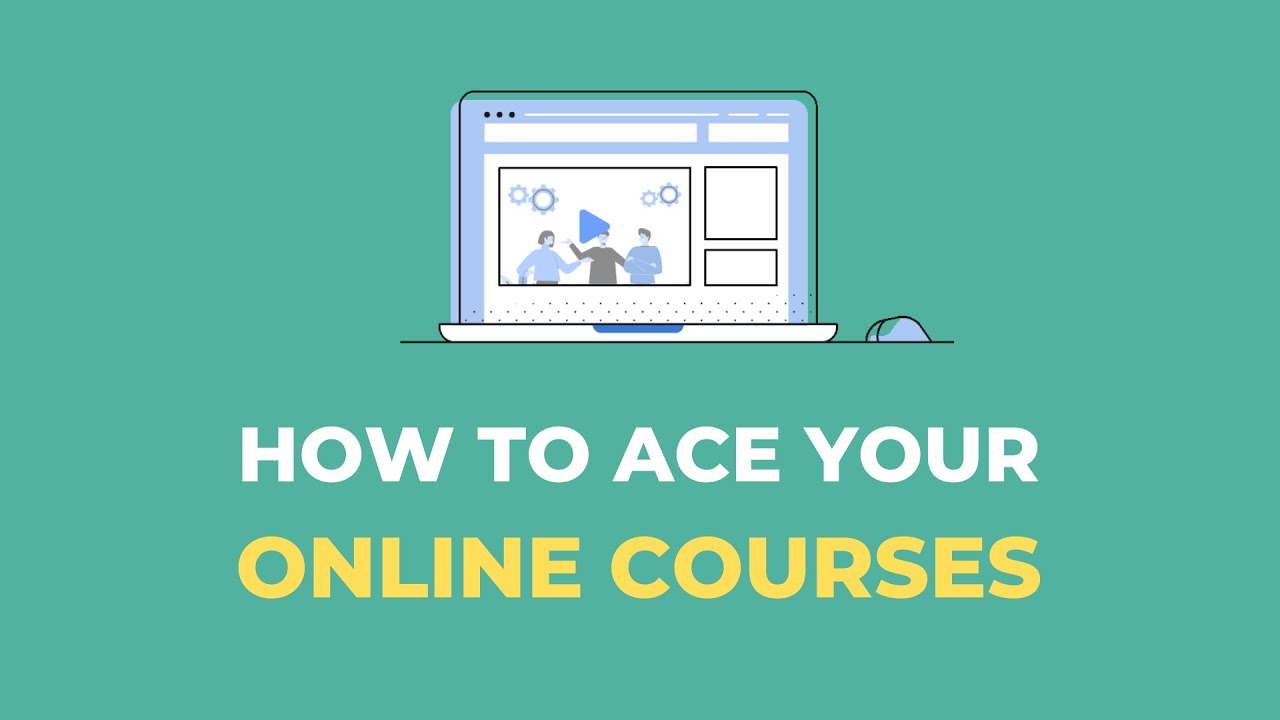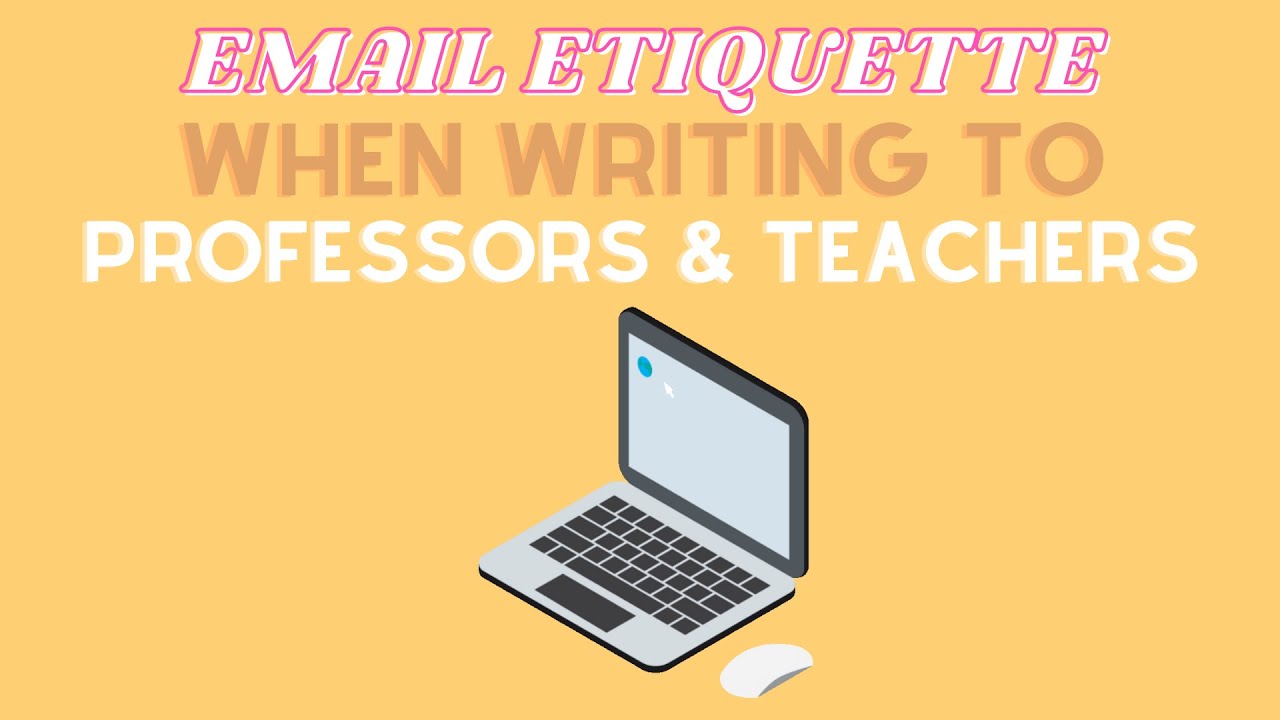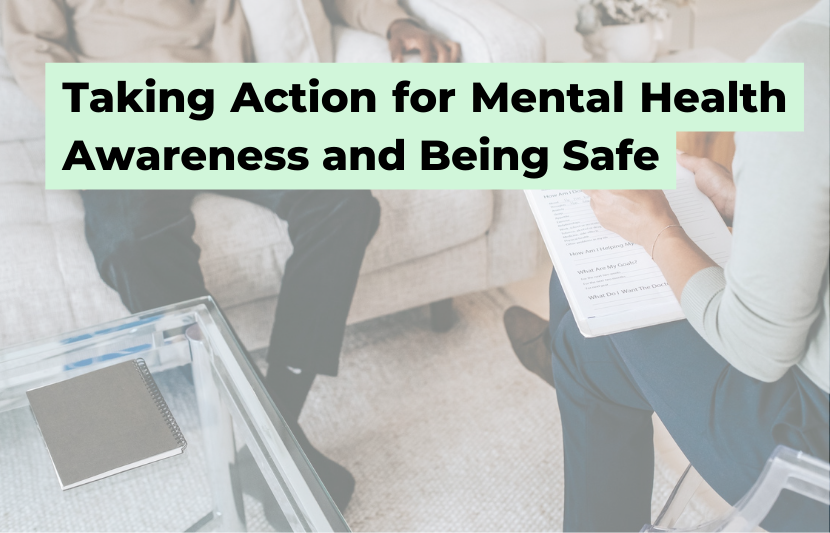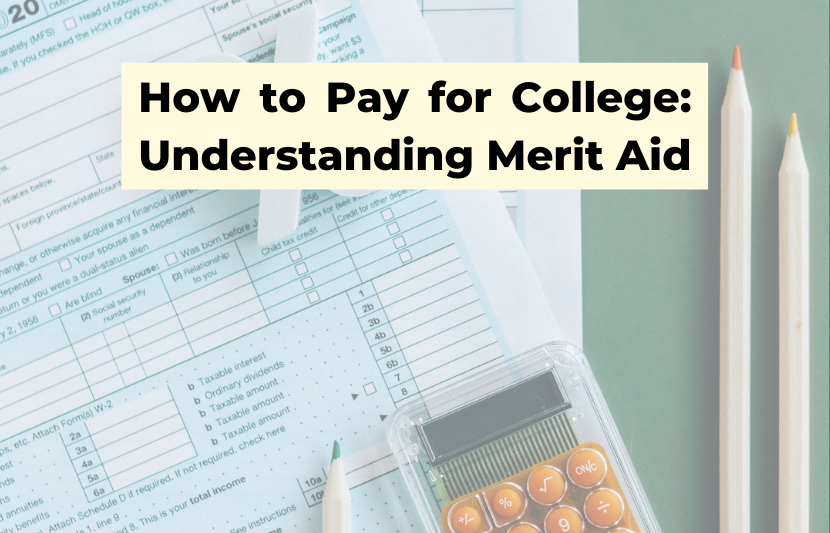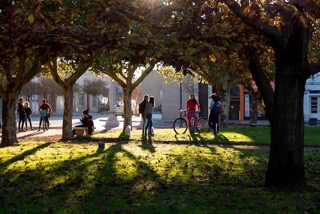In this episode of TUN TV, Dr. Crystal Rose interviews April Paris-Joseph, CEO of Paris Educational Solutions, about how high school freshmen can start off on the right foot for college admissions.
Dr. Crystal Rose: Welcome to The University Network TV. I’m your host today, Dr. Crystal Rose. And in this college admissions show, we’re exploring essential tips for high school freshmen to get off on the right foot.
We’ll be reviewing this with April Paris-Joseph of Paris Educational Solutions.
April Paris-Joseph: Hi Crystal. Thanks for having me.
Dr. Crystal Rose: Absolutely. For these series, we’re talking about the non-negotiables when it comes to high school students starting off on the right track. And I’ve assembled this in a mnemonic way, ABCs.
April Paris-Joseph: Absolutely.
You gave me “asleep, being social and caring.”
There’s the obvious, we must sleep as human beings. The body requires sleep.
And everything in life is better when you have slept well. So, the brain functions better. You think more clearly, and you’re more kind because you’re well-rested. You are able to exercise better because you’re well-rested. You will do better in school because you’re well-rested. Your relationships will be better because you’re well-rested.
Dr. Crystal Rose: And so it sounds like sleep can actually be a soapbox for health in general that is a non-negotiable.
April Paris-Joseph: Absolutely. Absolutely. Students need to exercise a couple of times a week, sleep well, eat well – just generally take care of their bodies and themselves.
Dr. Crystal Rose: The next I have is “B” – being social. Why do you consider this to be a non-negotiable, and how much time should students factor in for their social activities?
April Paris-Joseph: That’s a little tougher.
But I do think we need to remember that teenagers are declaring themselves independent beings from their parents. This is really where that pull-away and I am the sole-individual happens, and a lot of that happens to these social interactions.
They have to learn how to have relationships apart from their parents. And they’re teenagers, they want to go out and have a good time. We want them to have these great memories. So, going to that football game, if that’s what they like, or hanging out with their friends at the movies, this is just an important part of being a young person and growing up. And we, even as adults, need that social touchpoint with our peers aside from work.
So, how much time should students factor in? That depends on the individual. An introvert is going to need less time than the natural extrovert. I don’t want to give the impression that parents should be really pushing a natural introvert to be out with their friends five days a week. That student’s going to burn out and feel awful. But at the same time, that extrovert, if they’re only getting an hour a week, that’s not going to work either. So, it does have to be an individualized balance.
But if you have a student who is saying, “I can’t go to the homecoming events. I want to go, but I can’t go because I am overwhelmed with my workload, with my academics,” we’re not balancing life right for this child.
Children are a long-term project. And you don’t want to lose sight of that and feel like the goal is college because the goal isn’t college. They’re going to have a lot more life, we hope, after they turn 22 than they did before.
Dr. Crystal Rose: Absolutely. So it’s keeping it in measure and it does depend upon the student.
Next, I have “C” for caring. Should students expect to be full participants within their family dynamic, even though they may have a rigorous course load?
April Paris-Joseph: Yes, they should.
Dr. Crystal Rose: How many parents approach the short negotiation conversations with their children who may be very busy students?
April Paris-Joseph: You live here. You can take out the garbage, you can unload a dishwasher. You can put away your laundry. I’m not saying that your high school student should be solely responsible for cleaning all the windows and the gutters at your house. And maybe they help with that.
Different families have different dynamics around this, but they can help out and what that looks like always depends on the family. So, if you have a student whose school is close to home and they don’t have a heavy load of extracurriculars, maybe they have a responsibility every day to do something for the family.
Personally, my kids’ school was far and they did have a heavy load of extracurriculars and a heavy load of sports, so at some point in high school the negotiation was, “Okay, weeknights, because you’re not home until 9:30, you don’t have to do a lot of stuff on weeknights.” But there were still some basic day-to-day expectations. Your dirty soccer cleats do not sit in the family room where I have to smell them. Be part of the family unit – that was the base expectation. And then they did bigger chores to contribute on the weekend when they had more free time.
So, everyone has to figure out how that works for them. But they’re going to be adults in college on their own, and no one’s coming to do their laundry.
Dr. Crystal Rose: Once a student manages these non-negotiables, what can they balance against this?
April Paris-Joseph: I always tell my families and my students that you’re a human being more than you are a student. Here are the things you need to be doing to maintain yourself as a human, and then we’re going to layer on top of that building your profile for college, and how we build your profile is always in the context of who you are.
So, the first thing we talk about is class rigor and grades because when we do come to the college application, every school will say that’s the first most important thing we’re looking at. What is your class rigor in your grades? So, I like my students to take the most challenging classes they can while not sacrificing those first three things.
And what exactly that means is different for different students. Some students, it means I can take AP Language, I can take AP History, but I can’t take AP Chemistry because they’re not a STEM student. I’ve seen students take AP Bio and AP Physics at the same time, along with a multi-variable Calculus class, and they’re fine because that’s how their brain operates and so they’re functioning well over there.
And there’s also another layer to this, a processing speed. You have to pay attention. The student may be able to do the work, but how long does it take them to do it? Some students just have this processing speed. And so if they’re able to move really fast, they can layer on more. But if they’re spending four and five hours a night doing homework, we’ve got a problem. It’s eight o’clock before you’re done with homework. When did you eat? When do you shower? When do you hang out with your family and be part of this community?
Dr. Crystal Rose: What are some of the measures we should consider when students may be doing too much homework?
It’s hard to mandate this for a family because every family values things differently.
But the American Academy of Pediatrics has a recommendation. I believe right now it’s nine hours a night for a teenager, and I would hazard a guess that most teenagers aren’t getting six. And you have to look at how this student is functioning. Did your once super-gregarious, outgoing student get to high school and become a total introvert? Something’s going on. Beyond the normal teenage pushing back on parents, is this feeling like a little much in terms of their attitude and demeanor?
And then it’s time to ask questions. Are we layering, pushing too much here? Maybe it’s actually time to do an evaluation, specifically about the two-E students, which means twice-exceptional. A twice-exceptional student will be considered both gifted and then they have some sort of a learning challenge alongside of it.
If you have a student with dyslexia or dysgraphia, those are usually identified pretty young. They get to high school and because they’ve been working and building, they’re in a really good position now to know how to handle what they’ve gotta do.
But if you have a student who’s considered intellectually gifted and also has ADHD, now all of a sudden, the ADHD may be presenting itself more in high school because the workload got harder. These students can coast in the early years because they’re just quick, they absorb the material quickly. But they’re not taking notes. They aren’t learning how to organize their homework. Some of them really literally have no foundational executive function skills, and now we gave them three AP classes and they don’t know how to balance it all. They can’t keep track of their deadlines. Their homework is missing. And so, if you have a really smart student who’s been doing well all along and suddenly can’t seem to step up to that next level, you should ask some questions about why. Ask some real questions because you could see anxiety creeping up.
This is where we start, sometimes, to get some mental health issues because they feel like they’re underperforming and, to some extent, they are. They know they’re capable of more. They can’t figure out how to do it.
Dr. Crystal Rose: I like your approach to say, let’s start asking more questions. You’re putting this all together for us, so are you recommending that when students are beginning high school, that they do so with an eye towards actually what they want to study in college?
April Paris-Joseph: Yes. No. How’s that for an answer?
We used to be able to go to college and not know what we wanted to do and explore that. But now the students increasingly have to deal with direct entry programs. And especially at our larger state institutions, if you don’t get into the college that you want in the direct entry program for the major you want upon application, it’s really hard to make that change later.
We really have to take advantage of these high school years to help the students explore and figure out what they want to do. And a great way to do that is through extracurricular activities.
And this, again, becomes a second piece to the application. So, let them explore a bunch of different things. If you’re interested in journalism, do some camps on journalism. Join the club that is aligned with this student’s affinity and interest. If you’re interested in healthcare, you think you want to be pre-med, have you volunteered at the hospital? Because maybe you’re volunteering at the hospital for a couple days and you think the environment’s terrible or maybe you love it. Give yourself a chance to find out what these things feel like. Join the Entrepreneurship Club. You think you want to go into business and finance, check it out.
There are two things I’m looking for my students to do. One is explore and discover, which means it’s okay to dig into something and turn around and walk away from it because that was a great lesson learned. I didn’t love that. I don’t want to do that for the rest of my life. That’s actually really valuable. We forget how important that is.
And then the other thing is to go deep and really commit to something when they discover that thing that they’re like, “Ooh, I really am enjoying this.” So, keep going and learn more and get more leadership and explore this interest as much as you can. So, hopefully, you get to college at least with some idea of what you want to do.
Dr. Crystal Rose: You gave us a really good reason to understand how to approach these early high school years and to use extracurriculars, but it also sounds like it will also help them decide what courses they will ultimately choose in high school.
April Paris-Joseph: Yeah, there’s always this question. I had a student the other day who said, I’m going to take AP Bio. I really should take AP Bio. And they had already taken their intro Bio class, but they want to be a mechanical engineer. So, why aren’t we taking AP Physics Mechanics? Why AP Bio? Oh, because someone told us their friend is taking it. Your friend wants to go to medical school.
Dr. Crystal Rose: And when do high school counselors typically see students?
April Paris-Joseph: Generally speaking, it’s going to be 11th, sometimes not even until 12th grade.
And that’s not on the counselors at all. That has to do with how we’re funding schools and funding those departments. They’ve just got so much on their plate administratively and in terms of the job that they want to do.
Dr. Crystal Rose: What are some of the downsides of not consulting with the college counselor for a student?
April Paris-Joseph: It’s the big picture question. And this is where there’s this tough balance because I personally start to see students as early as the middle of eighth grade when they’re making their freshman course selections. And that can make a lot of people feel like, “Why are we talking about college with a 13-year-old?” And I agree.
I’m not talking about college with a 13-year-old. I’m talking about what classes are you going to take next year? That’s the whole conversation. And maybe an outline of what does this mean for your four years? Because what we do when we look at the big picture – and it’s more for parents at that age, the students aren’t ready – is, you avoid surprises at the end.
We have students in fifth grade getting tracked in math in most public school systems, and that math tracking in fifth grade will also be determinant of whether or not a child can get to Calculus their senior year. Now, a 10-year-old’s ability to master math and their maturity for sitting in an intense classroom can be totally disaligned. But the reentry opportunity is really difficult and it’s often not there. Some schools will offer an accelerated year. I’ve seen a high school offer Algebra 1 and Geometry in one year for freshmen, so that then changed their path so they could get to Calculus.
But sometimes students have to take a class in the summer. Maybe we’ve gotta go to a community college and take Trigonometry so that you can now go to Pre-Calc and Calculus. But if we’re not planning from young, we don’t see this potential issue coming.
And college admissions have gotten more competitive. There are some schools where if you don’t hit Calculus, you’re just not competitive. And it can be shocking for parents and students to have a 4.0 GPA and then not understand that you have a four point GPA in the wrong classes.
Dr. Crystal Rose: Fantastic as always. Thank you for sharing these key strategies and recommendations for high school students to get off on their best foot towards their college dreams.
April Paris-Joseph: Thanks for having me.
Dr. Crystal Rose: And to our audience, thank you very much for joining us. Here’s to your success. I’m your host today, Dr. Crystal Rose. Until next time on TUN TV.

